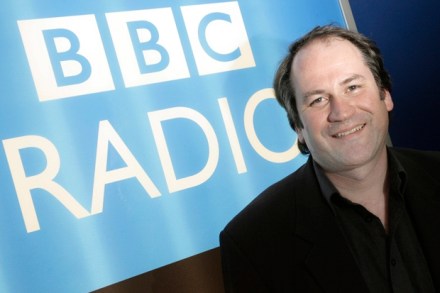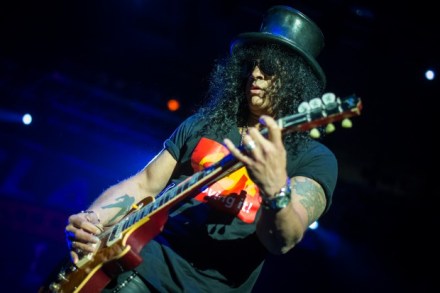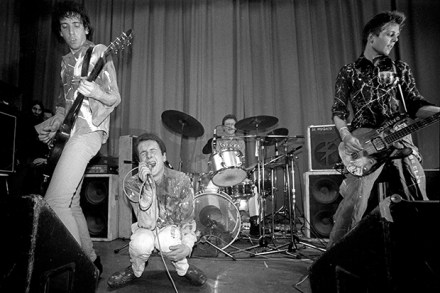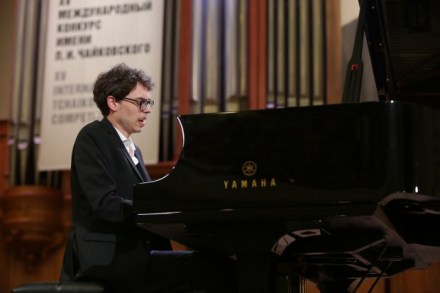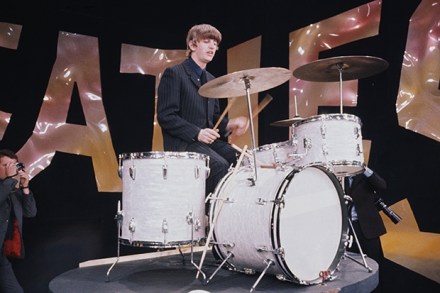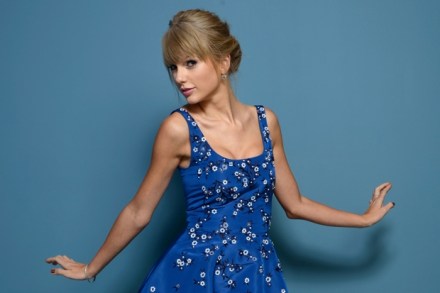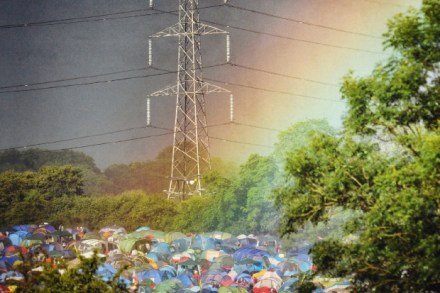Why is the Home Office giving in to illiberal youth by banning rappers like Tyler, The Creator?
In a 2012 interview on Newsnight, foul-mouthed LA rapper Tyler, The Creator told a churlish Stephen Smith that the point of his music was to ‘piss old white people off like you’. Now, the old white people at the Home Office seem to have proved him right, by banning the rapper – real name Tyler Okonma – from entering the UK for the next three to five years. Okonma’s manager, Christian Clancy, wrote in a blog post that he received a letter stating that the rapper would not receive a visa because his work ‘encourages violence and intolerance of homosexuality’ and ‘fosters hatred with views that seek to provoke others


